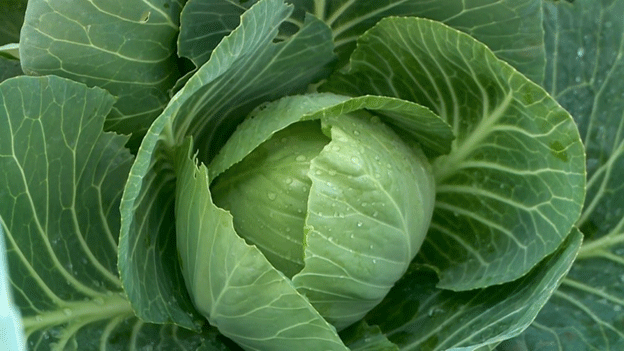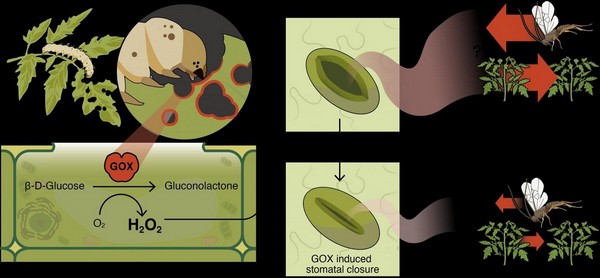The reliance on seasonal agriculture often limits productivity for farmers in regions with harsh winters, such as Stavropol Krai. A local resident of Izobilnensky District recently demonstrated how leveraging government programs can break these limitations. By utilizing funds from a social contract, the farmer upgraded his greenhouses to cultivate crops like tomatoes, cucumbers, peppers, and eggplants throughout the year.
Previously, the farmer relied on basic heating methods, such as wood stoves, which proved inefficient and unsuitable for consistent winter production. Recognizing the need for more sustainable and effective solutions, he applied for financial assistance under the government’s social support program, designed to aid low-income households in entrepreneurial ventures. With the funds, he installed pellet heating systems and enhanced the insulation of his greenhouses, achieving significant energy efficiency and operational cost savings.
This initiative is part of a broader effort in Stavropol Krai, where over 3,000 social contracts have been signed in 2024 alone. These contracts provide not only financial resources but also training and support for starting or expanding agricultural and small business ventures. This program, aligned with Russia’s national project for demographic and social support, has allocated over 822 million rubles this year to empower residents like this farmer to enhance local food production and economic resilience.
The story of modernization in Izobilnensky District underscores the transformative potential of targeted government support for agriculture. By investing in advanced heating and insulation technologies, farmers can transcend seasonal limitations, boosting both their economic output and the region’s food security. This model could inspire similar initiatives across other regions with challenging climates.









